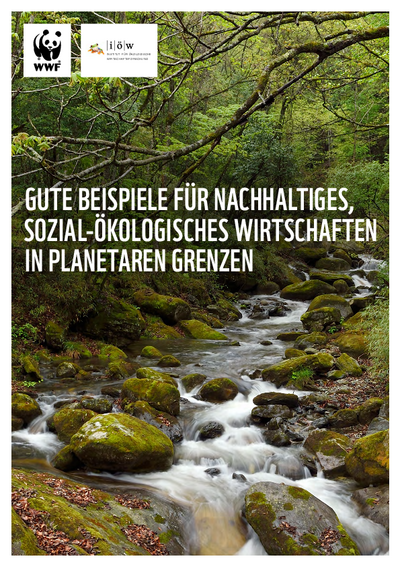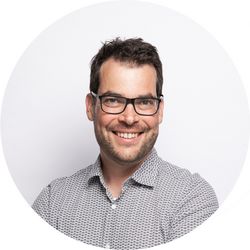Social-ecological economy within planetary boundaries
WWF's goal is to develop an attractive and convincing narrative that a more social and ecological economy is urgently needed due to the serious global environmental problems such as the loss of biodiversity, ocean acidification and climate change, but that it is also possible.
On behalf of WWF Germany, the IÖW provided scientific support for this WWF goal between June and August 2020. The aim was to use selected transformation projects to demonstrate the possibilities of a more sustainable economy and their socio-ecological sustainability effects. The results were summarized in a study published by WWF.
This support included scientific research, evaluation and description of national and international good-practice examples in five fields of action that are highly relevant for Germany (mobility, agriculture and food, energy supply, circular economy and resource-intensive industries). Among others, the Superblocks in Barcelona (Spain), which are a holistic, innovative urban concept designed to counteract the problem of heavy inner-city traffic were identified as good practice example. In the field of agriculture and food, for example, a project in West Sussex (UK), which shows how intensively used agricultural land was successfully transformed through a rewilding program, takes a pioneering role. These and eight other projects are descripted in the study. Information is provided on the project, its background, and associated environmental and social impacts. These include significant savings in CO2 and the use of resources, as well as job creation. In addition, there are positive effects for biodiversity and ecosystems as well as for human health and well-being.




